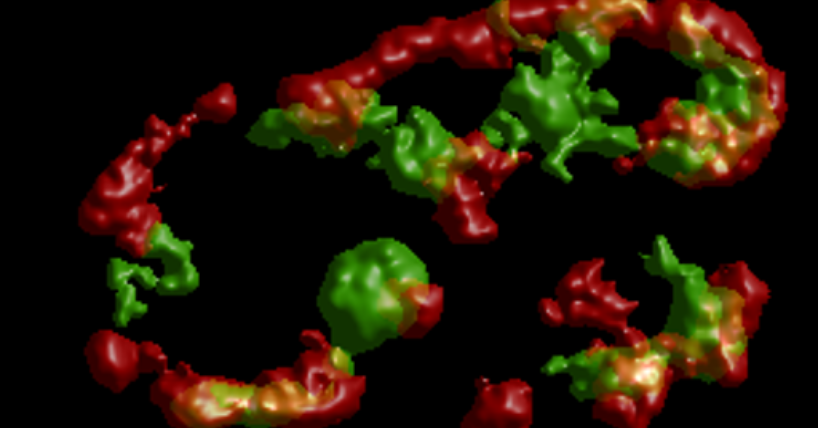World first mitochondrial donation - from science to families
8 March 2021 | By: Newcastle University | 1 min read
Newcastle University teams have pioneered an IVF (in vitro fertilisation) technique to protect future generations from the risk of mitochondrial disease.
Specifically for women of reproductive age who carry a genetic mistake in their mitochondrial DNA, mitochondrial donation was researched and developed at the Wellcome Centre for Mitochondrial Research (WCMR) at Newcastle University alongside the Newcastle Fertility Clinic at Life (Newcastle Hospitals NHS Foundation Trust).
A unique service
This is the only regulated service in the world that is licensed to perform the technique. Together, the centres offer a comprehensive pathway of care for women with a personal or family history of mitochondrial DNA disease.
Director of the Wellcome Centre for Mitochondrial Research, Professor Grainne Gorman, explains:
"The last 20 years have seen mitochondrial donation move from a research project in the laboratory to a clinical treatment that now provides hope for some families to have healthy children.
This would not have been possible without close collaboration with the NHS, which reflects the multidisciplinary and fully inclusive approach we take to all our research within the Centre. It is only through these partnerships, both nationally and internationally, that we can make a real difference for those living with mitochondrial disease."
About mitochondrial disease
Mitochondria are often described as the batteries of our cells. In some people, there is a fault in these batteries which can cause mitochondrial diseases.
Research from the centre has shown that around one in 4,300 people are affected by mitochondrial disease. Severe features can include:
- Drug resistant epilepsy
- Neurodegeneration
- Muscle weakness
- Blindness
- Profound deafness
- Heart and liver failure
- Neurodevelopmental delay and learning disabilities
- Diabetes mellitus
The donation technique
Mitochondrial donation is a novel IVF procedure which uses eggs from both a healthy donor and a woman with mitochondrial disease. It carries a much lower risk of mitochondrial disease being passing down the maternal line to the child due to the healthy mitochondrial DNA from the donor egg.
The use of mitochondrial donation is highly regulated in the UK and requires that every person who wishes to use the technique is granted approval by the Human Fertilisation and Embryology Authority (HFEA).
The law was changed in the UK in March 2015 to allow the use of mitochondrial donation. The scientific and medical teams, along with the Lily Foundation, mitochondrial patients and their families, were instrumental in this law change.
Latest developments
The team continues to integrate international quality research with training for new scientists, more recently developing a genetic test providing a rapid diagnosis of mitochondrial disease, developing treatments and running clinical trials. They also continue to engage with policymakers, patients and the public.
The Wellcome Centre for Mitochondrial Research
The aim of the Wellcome Centre for Mitochondrial Research at Newcastle University is to transform the lives of patients with mitochondrial disease.
What we do here makes a difference out there. Sign up for our newsletter below to get the latest updates on our world-changing research.
